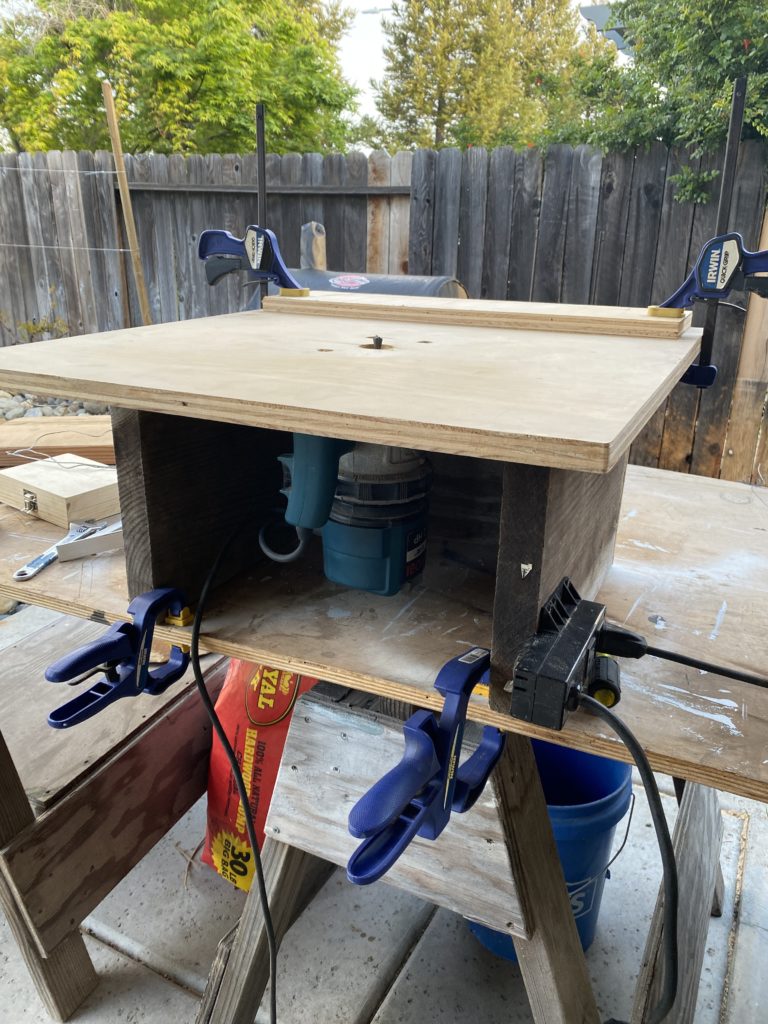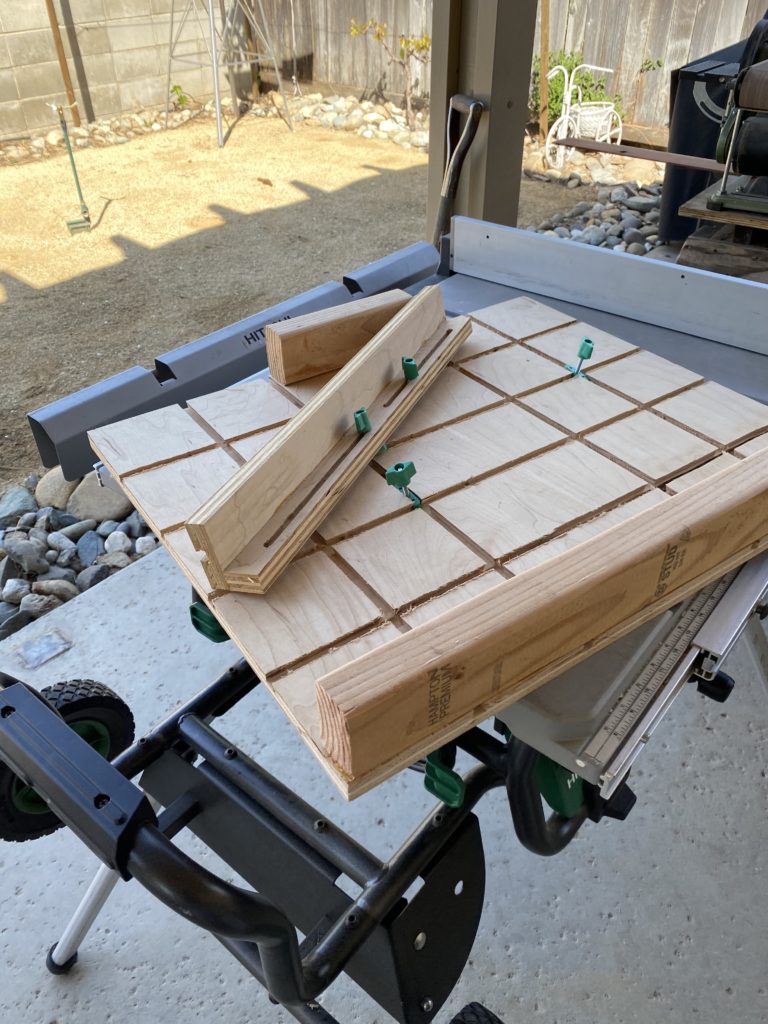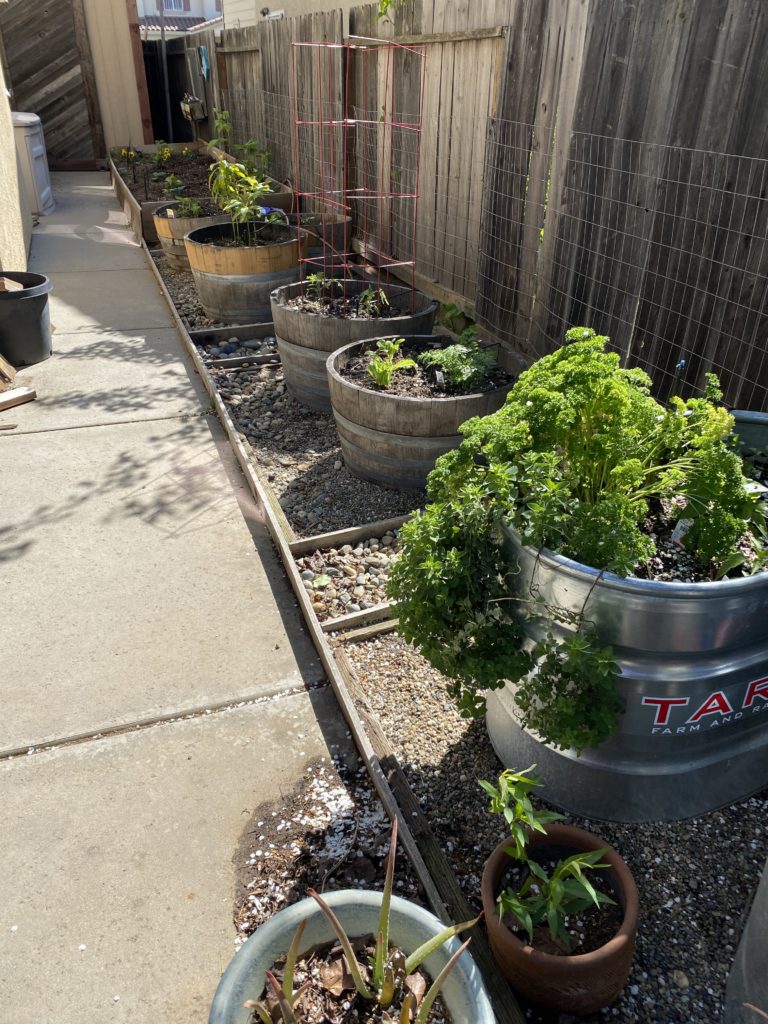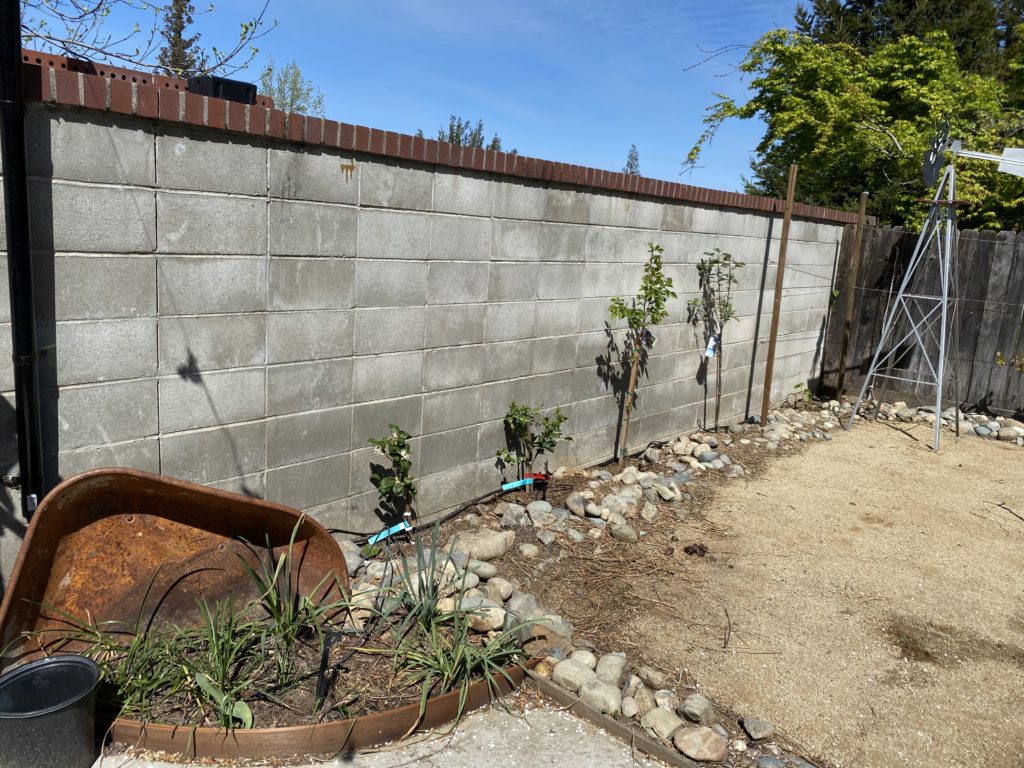Growing up in the suburbs of Chicago, I heard this phrase more often than I could count. Every summer it would get hot (upper 90s) and people would complain, but it was the high humidity (ofter around 100%) that actually caused the problems. Ironically, when I later lived in Louisiana, where the humidity was much higher, it was such an accepted way of life that no one ever said that. Here in Northern California, where the temperature reaches into the 100s every summer, and the humidity is sometimes into the 30% range, people still complain about the humidity. Humidity is significantly more uncomfortable that dry heat and it magnifies the heat problem many times over.
Similarly, it’s not the virus pandemic that is the most dangerous to us. I’m not downplaying the illness at all. People are sick and many are dying. However, it’s the panic caused by the virus that will have the longest lasting effects, not just on the economy, but on our mental health. To paraphrase Dr. Frank N. Furter, we can remove the cause, but not the symptoms. The good news is that we don’t have to respond to the panic. Here are some things that I have found help me with the anxiety of uncertainty.
Planning is a friend to those with anxiety. When things do not go according to plan we freak out. The key to avoiding the freak out is to make contingency plans. I recommend three plans.
What do you really think will happen? Plan for that. Work out the most likely case scenario without emotion (if you can) and plan out the day, the week, the month, even the next 6 months and devise a workable day to day plan of action with that outcome in mind.
What if it takes longer? We want to avoid the frustration that comes with our plan not working on the time schedule we anticipated. What if the next 3 weeks continues for 6? How would you deal with that? Plan for that so, if it happens, you are not caught off guard. The most likely contingency is that everything happens as we expect, but it just takes longer. We want to alleviate the anxiety that comes with that by having a plan that accommodates that.
What is the worst case scenario you, realistically, think could take place? First, realize that this is not likely. Just in case, have a plan for how you would deal with it. People with anxiety often magnify their anxiety by expecting the worst to happen. The first strategy to deal with that is to logically analyze the worst case scenario and realize how unlikely it is to happen. Then make a plan for what you would do if it did happen. There are people who are experiencing that very situation, but it is rare. If we plan for it we have two areas of comfort; “It’s not as bad as it could be” and/or “we are prepared for this.”
Truth be told, for those of us with anxiety, it’s not the circumstances, it’s the uncertainty that causes the issues. Planning helps relieve the uncertainty. So does keeping busy. In a previous post I mentioned some things to help keep you positive day to day. I’ve been working on projects around the house.
Make a plan with contingency options. Make sure one plan is for the worst case scenario so that it will never be as bad as “it could be.” Be willing to alter your plan. Know that we can do anything for a limited amount of time. So set a date that you expect to be the end. We can do this for a month. If we get tot the end of the month, we can say, “I can do this for another 2 weeks.” Find little projects to keep busy so you don’t dwell on the negative. Keep busy. Stay positive. Stay healthy.




